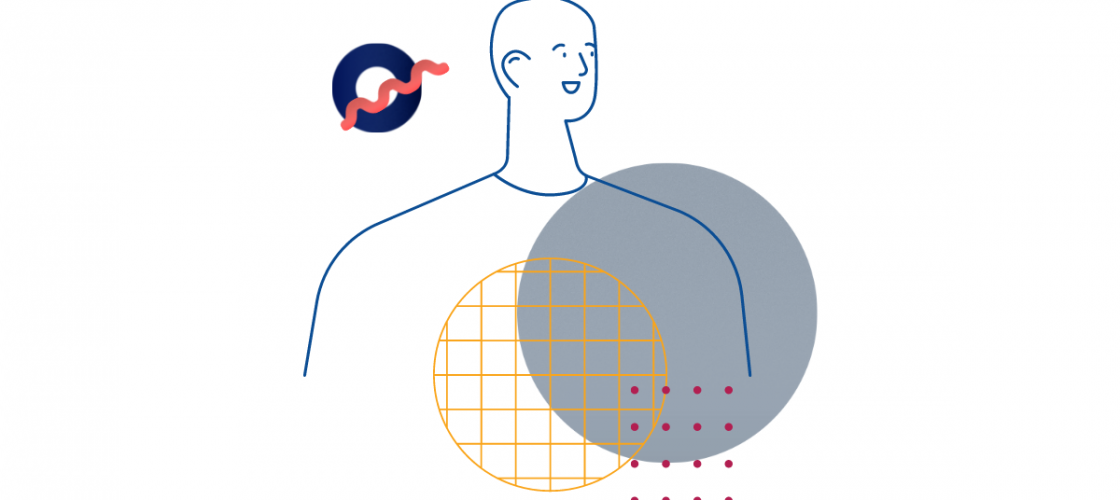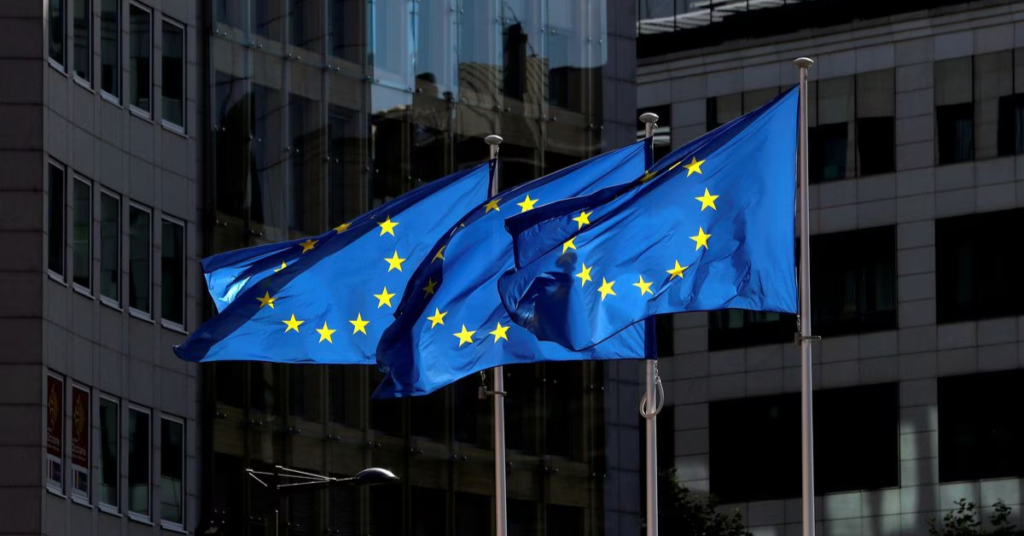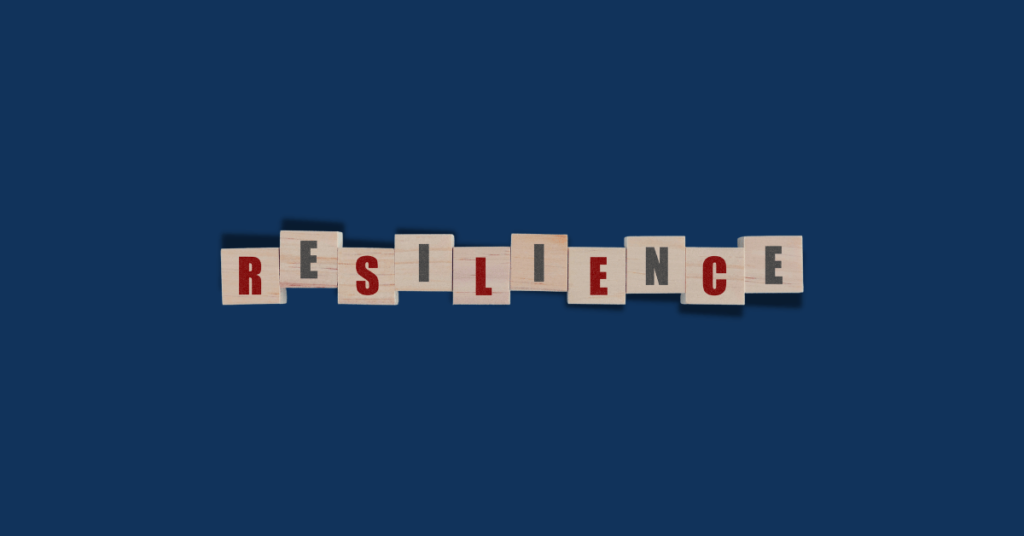Anticipating behavioural changes is a challenging task, with so many factors that go into shaping how societies behave. As we learnt in Part 1, actions and policies enforced may yield very unexpected or unintended consequences.
To further illustrate what stimulates sudden changes in behaviour, we can explore some of the regulations and restrictions imposed due to COVID-19. The mandatory wearing of a mask may have created a false sense of safety (as we saw in the seatbelt example in Part 1) leading people to pay less attention to and even neglect to practice other precautionary measures.
The pandemic has seen a change in human behaviour on a global scale – some of the unintended consequences have had a negative impact while some of the positive outcomes have resulted in short-term benefits.
Tobacco and alcohol ban in South Africa:
- Negative Consequences:
- Encouraged wide-scale bootlegging and counterfeiting
- Decreased the number of hospital trauma cases. However, once the ban was lifted when lockdown restrictions had eased, there was a surge in injuries resulting from intoxication.
- Positive Consequences:
- Crime statistics revealed an approximate 99% decrease in arrests for drunken driving over the Easter weekend.
Remote workforce and the shutdown of non-essential services:
- Negative Consequences:
- Business shutdowns led to a hunger crisis where the need for basic necessities resulted in defiance of safety guidelines which was met with police violence.
- Relegating people to the confines of their homes led to an increase in reports of domestic violence.
- Positive Consequences:
- The absence of the commute to and from office spaces has caused a significant reduction in air pollution.
- The need to work from a home office has opened many opportunities for people who have been rallying for this kind of work arrangement with their employers.
Limited social interactions and physical distancing:
- Negative Consequences:
- People are more susceptible to mental health issues as they have a heightened sense of anxiety and vulnerability from extended isolation.
- Positive Consequences:
- The need to stay connected has influenced greater use of the internet, technology and digital interaction – to some extent, there is a new sense of community, empathy and responsibility.
Many research surveys predict that some of the changes in behaviour that we are seeing will endure once the crisis is over, and that it will set the precedent for the future. Many companies have showcased their agility and innovation through pivoting their operations to meet new demands. It is notable to remember that this is not the first crisis the world has experienced, and it likely will not be the last. To create healthier and more resilient businesses we will need to consider, with serious thought a scenario-imagining, the behavioural changes any uncertain event could provoke and of those changes which will become the norm.











